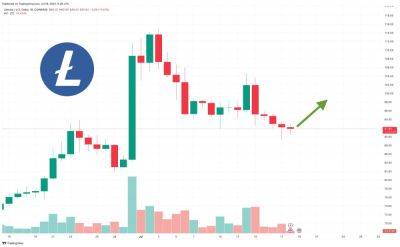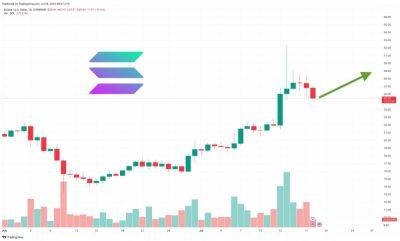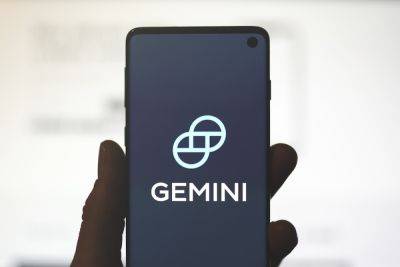SEC has pushed investors into 'toxic' crypto products and FTX: Winklevoss
For the last decade, the United States securities regulator has forced investors into “toxic” and “unregulated” crypto products, says Gemini co-founder Cameron Winklevoss.
On July 2, the Winklevoss twin slammed the U.S. Securities and Exchange Commission (SEC)'s constant refusal of spot Bitcoin exchange-traded funds, noting it's now been 10 years since the twins first filed to get their own ETF approved by the regulator.
Winklevoss argued that without an approved spot Bitcoin ETF, U.S. investors have been pushed into “toxic products like the Grayscale Bitcoin Trust (GBTC) which trades at a massive discount" to the price of Bitcoin and charges “astronomical” fees.
Today marks 10 years since @tyler and I filed for the first spot Bitcoin ETF. The @SECGov's refusal to approve these products for a decade has been a complete and utter disaster for US investors and demonstrates how the SEC is a failed regulator. Here's why:-"protected"… pic.twitter.com/xmK1xo1iX8
GBTC’s NAV discount is currently at 30% compared to Bitcoin’s price, according to YCharts, while the GBTC annual fee is 2%, compared to an average of 0.40%, according to the latest July 2022 study from financial services firm MorningStar.
Winklevoss also believes the refusal has led to U.S. investors moving to “unlicensed and unregulated” offshore platforms, including FTX, which he called “one of the largest financial frauds in modern history.”
“Maybe the SEC will reflect on its dismal record and instead of overstepping its statutory power and trying to act like the gatekeeper of economic life, it will focus on fulfilling its mandate of investor protection,” he opined.
Related: Cathie Wood’s ARK reportedly ‘first in line’ for a spot Bitcoin ETF
Winklevoss’ comments
Read more on cointelegraph.com






















